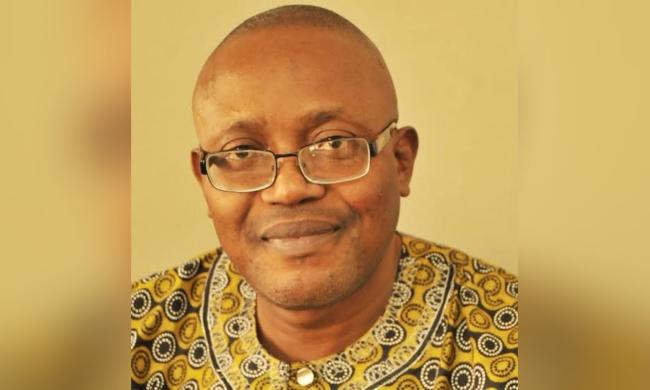
By Owei Lakemfa
IF a family meets in a room, members give themselves pecks, exchange polite greetings, make flowery speeches and emerge laughing for group photographs, it is likely they have not been truthful to themselves.
That was my impression following the 37th Summit of the African Union, AU, from February 17-18, 2024 in Addis Ababa.
After attending a few AU Summits, I have learnt to look beyond the theme, to the recommendations and draft resolutions of the AU Permanent Representatives Committee, PRC.
This body of ambassadors or representatives of Member States, sets the agenda and drafts the resolutions which, with a few amendments, are passed to the Summit by the AU Executive Council of Foreign Ministers.
As can be imagined, our Heads of State are quite busy. So, their two-day summits are actually for one day with large chunks of that day taken by goodwill messages from foreign dignitaries and bodies like the United Nations. When we add the speeches of our political leaders, there is virtually no time for discussions and debates at the summits.
This week’s Summit was not different, except that it was worse in some aspects. Attendance by 35 countries was quite poor because it means 20 African countries were not at the Summit.
Secondly, the unusual happened: an alleged violation of a President’s immunity and rights. Somalia President, Hassan Sheikh Mohamud, claimed that the security services of the host, Ethiopia, tried to stop him from leaving his hotel to attend the meeting. He said he had to join the convoy of Djibouti President, Ismail Omar Guelleh, to be able to leave. The Somalia President added that on arrival at the AU headquarters, armed Ethiopian guards tried to prevent him from entering the building. He claimed that: “A soldier with a gun stood in front of us and denied us access to this facility.” He also accused the host of “.. annexing part of Somalia to Ethiopia, and changing the borders of Somalia”.
The Summit appeared deaf to these complaints and to the October 2023 statement of Ethiopian Prime Minister, Abiy Ahmed Abiy, that his country’s landlocked state is an unacceptable “geographical prison” which has to be changed for peace to reign.
The theme of the 2024 AU Summit, “Educate an African fit for the 21st Century: Building resilient education systems for increased access to inclusive, lifelong, quality and relevant learning in Africa”, is quite fine.
However, I find the Summit’s adoption of the Second 10-year (2024-2033) implementation plan of Agenda 2063, christened the ‘Decade of Acceleration’, a bit problematic because we do not have the report of the First 10-year plan. It is going the way of the illusive AU ‘Silencing the Guns by 2020’ Agenda.
However, these and other talks of the AU joining the G20, do not address the immediate and fundamental challenges of the continent which include insecurity, hunger and economic integration.
For Africa to be firmly on the road to economic integration, an effective free trade zone, realisable 2063 agenda, peace and development, it has to rebuild its broken regional blocs, and ensure transnational and regional peace.
The Arab Maghreb Union, AMU, in North Africa, made up of Algeria, Libya, Mauritania, Morocco and Tunisia, is like a kwashiokhor victim on life support. Its leaders met last on July 3, 2008, that is 16 years ago. While Tunisia is trying to recover, Libya is a failed state and Algeria holds a principled position against Morocco’s occupation of Western Sahara by the monarchy in Rabat.
In trying to flee the regional bloc, Morocco sought asylum in the Economic Community of West African States, ECOWAS, but was denied. It had also sought to join the European Union, but was like an illegal migrant, denied entry.
Ironically, the new AU Chairman, Mohamed Ould Ghazouani, is the President of Mauritania, a country that broke away from ECOWAS in 2000 while remaining in a comatose AMU.
The East African Community, EAC, comprising the Democratic Republic of the Congo, DRC, the republics of Burundi, Kenya, Rwanda, South Sudan, Uganda and Tanzania, is one of the oldest and most viable. It has even gotten to the level of recognising the identity cards of member-states, as a substitute for international passports.
However, it has been bogged down by serious conflicts, especially between war-torn DRC and Rwanda which allegedly supports the brutal M23 rebels. There is also the continuous disagreements between Rwanda and Burundi.
The Economic Community of Central African States, ECCAS, also suffers from the Rwanda-DRC- Burundi crises. Additionally, ECCAS member, Cameroun, has for years experienced a low intensity civil war in its Anglophone part, as well as a sick, gerontocracy under President Paul Biya.
Gabon is still in the grips of the military which on August 30, 2023 ousted President Ali Bongo Ondimba. Another ECCAS member, Chad, has been virtually under military rule for over three decades.
The Chairperson of the African Union Commission, Moussa Faki Mahamat, served as Chadian Foreign Minister. After General Mahamat Deby overthrew the Chadian government on April 20, 2021, Faki ensured the regime was not sanctioned by the AU.
The Intergovernmental Authority on Development, IGAD, made up of Somalia, Ethiopia, Djibouti, Eritrea, Uganda, Sudan and South Sudan is one of the most conflict-ridden regions. Somalia has for decades been a failed state, Sudan has experienced a civil war between its military and the Rapid Support Forces since April 2023, and the scars of the civil war in South Sudan are still visible. Ethiopia has been engaged in serious conflicts with its Tigray and Amhara regions, while its Oromo nationality is still restive.
The Southern African Development Community, SADC, has been perhaps the most stable, while nine of the 15 members of ECOWAS are experiencing serious stages of instability. Guinea Bissau does not allow its parliament function; Guinea, Mali, Burkina Faso and Niger are under direct military rule; the Ivorian President, Alassane Ouattara, is in an illegal and unconstitutional third term; Senegalese President Macky Sall has blocked the general elections and Sierra Leone claims to have aborted a coup on November 26, 2023, while Nigeria is wracked by terrorism, kidnapping and banditry.
So, the AU Summit did not even scratch the surface of the continent’s immediate security and economic challenges. When new AU Chair, Ghazouani, talked about the need to realise Africa’s socio-economic development ambitions, build continental stability and ensure that Africa has an assertive presence on the world stage, he should realise that the continent would need to be steered in a proper direction.
The AU needs to call a proper summit dedicated to peace building and economic integration where our leaders can tell themselves the truth, call themselves to order, and carry out joint work. Otherwise, Africa will continue to drift from one summit to another.




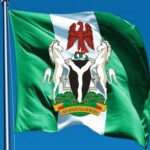

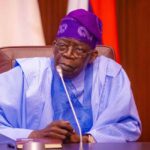
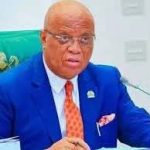
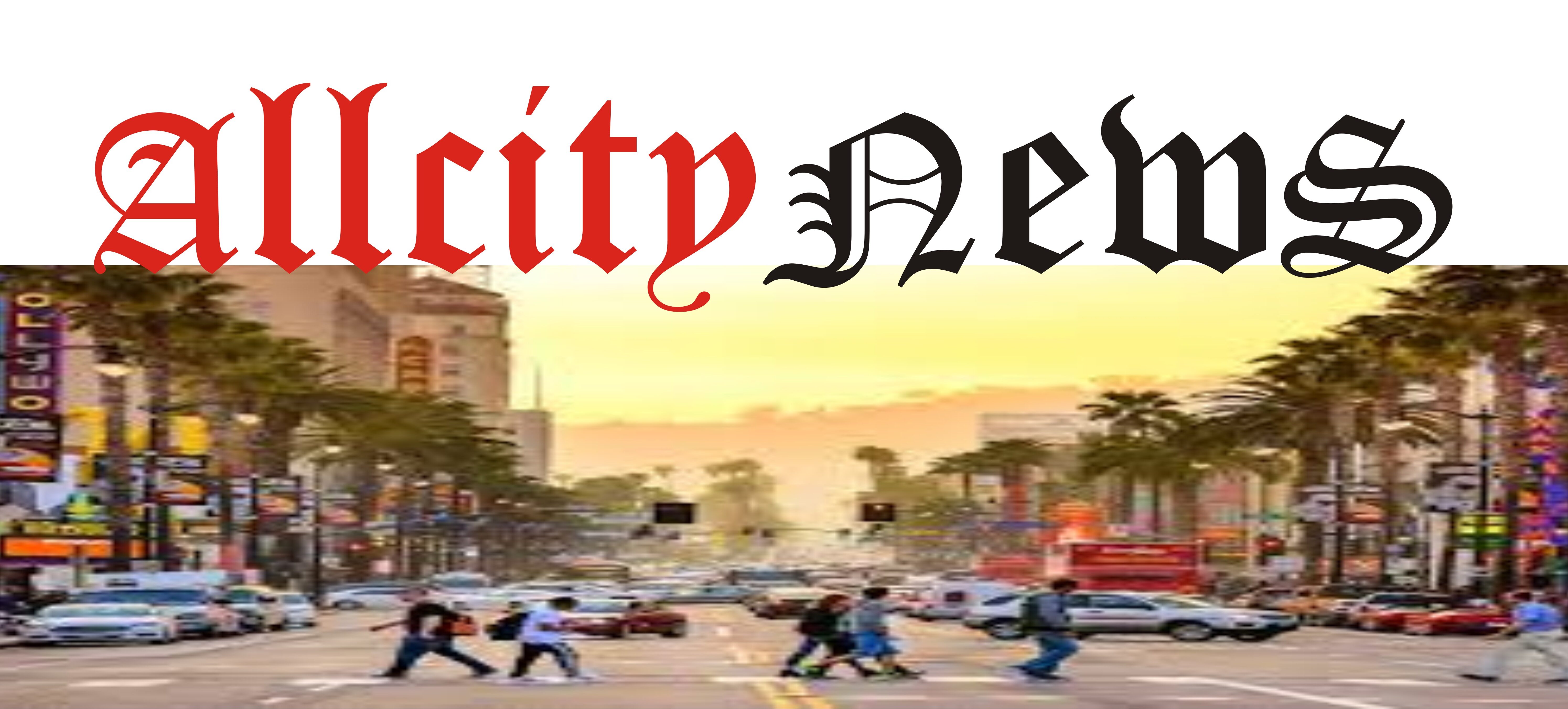
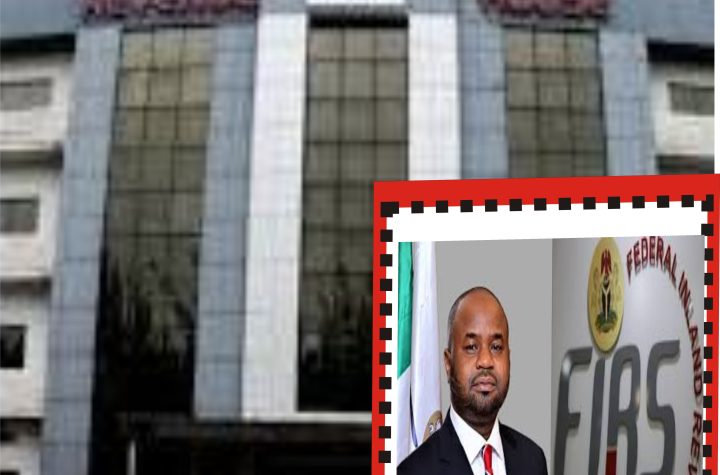



More Stories
Oyo Govt connect water to Ladoke Akintola International Airport, to re-connect Agodi Correctional Centre
APC not hiding place for corrupt politicians, defection to APC won’t stop trial of corrupt governors –FG
Happy survival to ECOWAS at 50